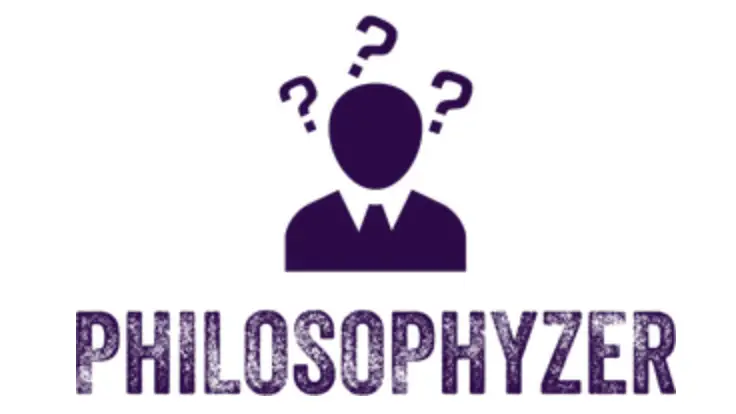John Herman Randall Jnr.
Another writer who wrote on the symbolic character of religious language was Tillich’s friend and colleague, John Herman Randall Jnr. The difference between them is very substantial, despite their agreements. For Randall, religious symbols were non-cognitive. They were socially necessary but not ‘true’ in the sense that the overwhelming number of religious people would assume. … Read more
